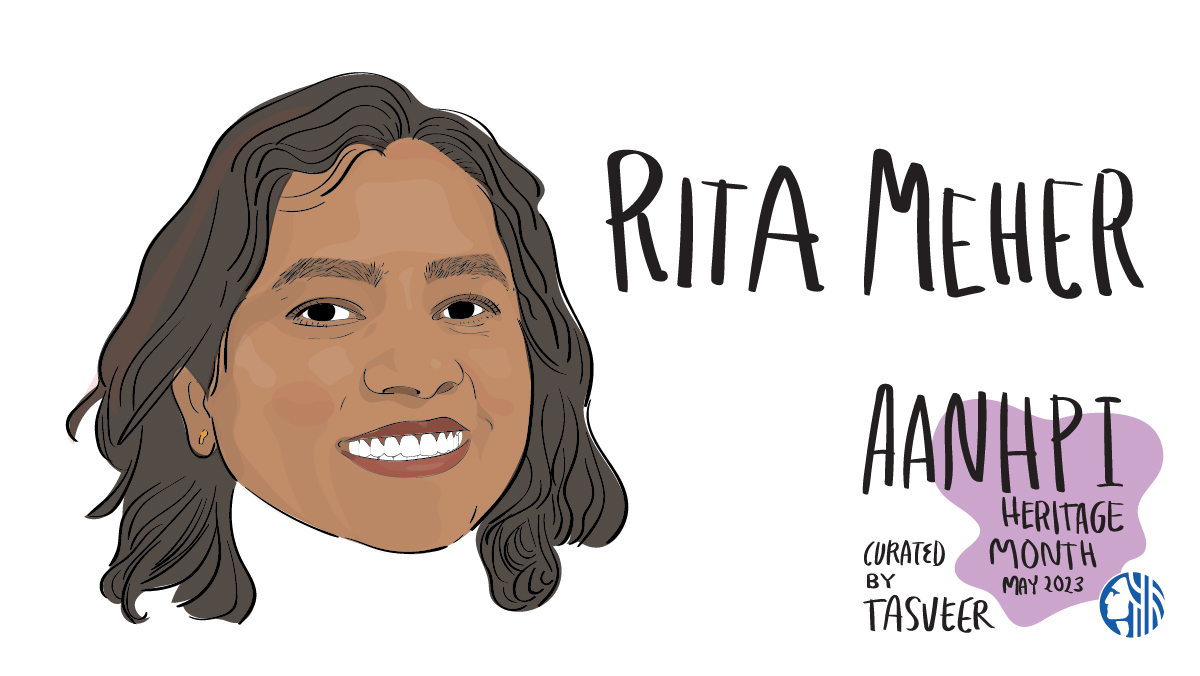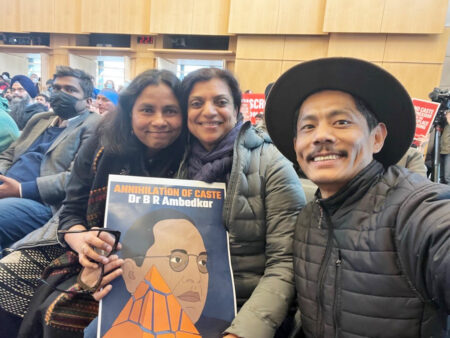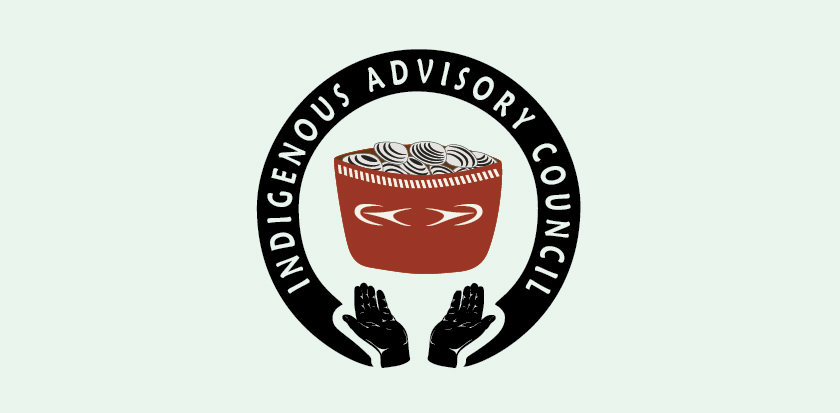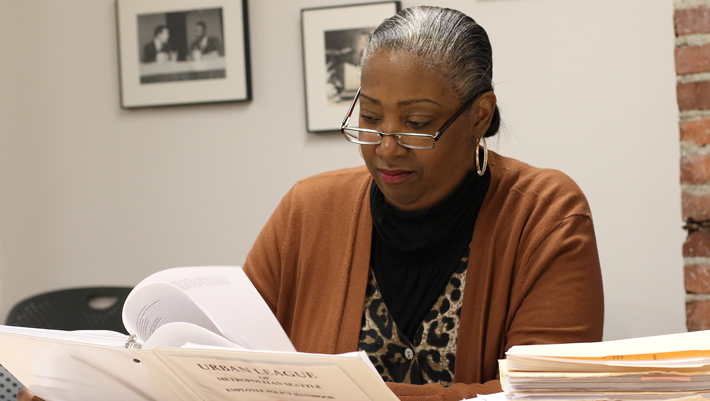
In celebration of Asian American, Native Hawaiian, and Pacific Islander (AANHPI) Heritage Month, we invited Tasveer, an art and advocacy organization created by and for South Asians, to share the story of their organization and curate a series of individual stories from their community. Read the full Tasveer series and be sure to check out all of our AANHPI Heritage Month stories.
An Adivasi in Seattle
by Rita Meher
It was a frigid February morning on February 21, 2023, as I stood outside Seattle City Hall, shaking with anticipation. I was about to reveal something I had never shared with my friends and family in Seattle, where I have lived for 25 years: I am an Adivasi. In India, this translates to being a “Scheduled Tribe” and often means being treated as one of the lowest of the caste. As an Adivasi, I was both anxious and hopeful that an important ordinance would finally be passed, offering legal protection to those facing caste discrimination.
My allies had been waiting in line since the wee hours of the morning, saving a spot for me. I was determined to speak out; to let the world know that discrimination based on caste was not just an issue in India, but in the United States as well. As we waited for the voting process to begin, I could feel my emotions building inside of me. Hundreds of people surrounded us, from the media to individuals waiting to cast their vote.
Twenty-one years ago, I co-founded Tasveer, a nonprofit organization dedicated to promoting social change through South Asian films, art, and storytelling. My journey in the United States was anything but easy. I arrived in 1998 as an immigrant, feeling completely out of place and unsure of what the future held. Then, a few years later, 9/11 happened, shaking me to my core. I had just become a U.S. citizen a week before, but I suddenly felt like a stranger in my own home. A few weeks after 9/11, I was walking home from my temp job in downtown Seattle when a man stopped his car at a red light, spat at me, and said, “Go back to your fucking country!” I was stunned and speechless. It was a defining moment that forced me to come to terms with the othering I was feeling. I confided in my best friend, Farah Nousheen, who suggested that I make a film about my experience. That moment inspired me to pick up a camera, gather a team, and start the process of working through my feelings. I made a short film called Citizenship 101. This film was the impetus to my founding Tasveer with my best friend Farah, and creating a place where I could connect with other South Asian Americans and build a community.
The line started moving, after three hours of waiting. My friends and allies had come to City Hall at 2 a.m. so that I could have the first position in the line. When I was called up to speak, I shared my testimony passionately. Councilmember Kshama Sawant was our champion in introducing the ordinance to ban discrimination based on caste. Everyone but one council member voted to support it. Together with fellow activists, we pushed for an anti-caste discrimination ordinance in our city. It was a hard-fought battle, but we were successful in getting it passed.
Despite the challenges I’ve faced, I’m proud of what I’ve accomplished. I’ve been able to make a difference in my community, to stand up for what is right, and to make my voice heard. I hope to continue doing so in the future, and to inspire change and build a just society!




